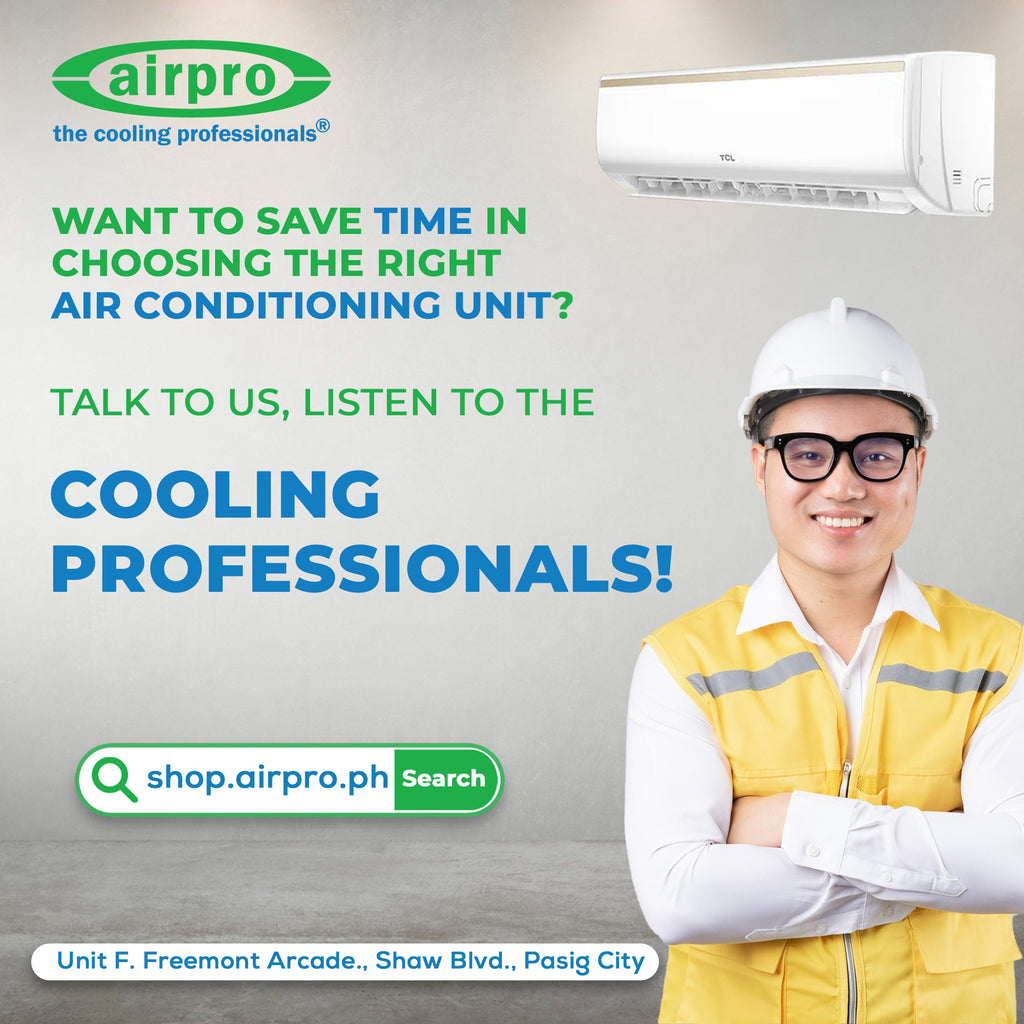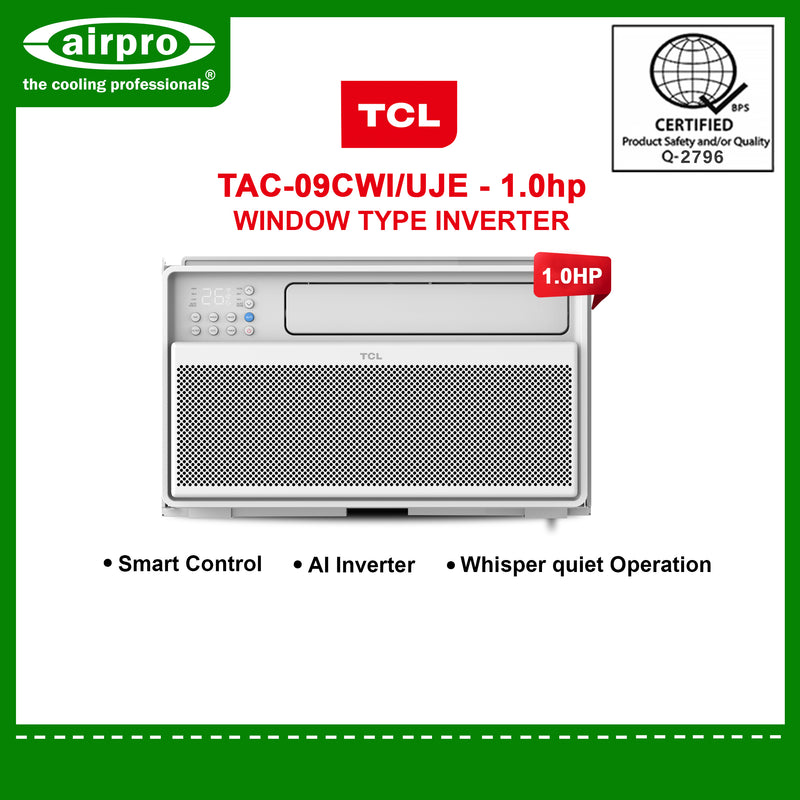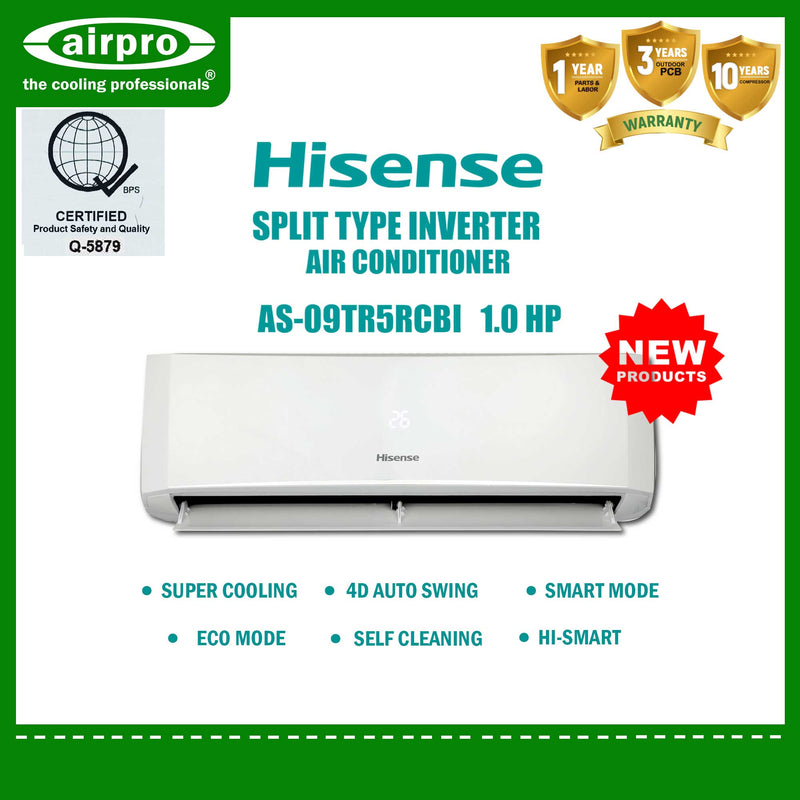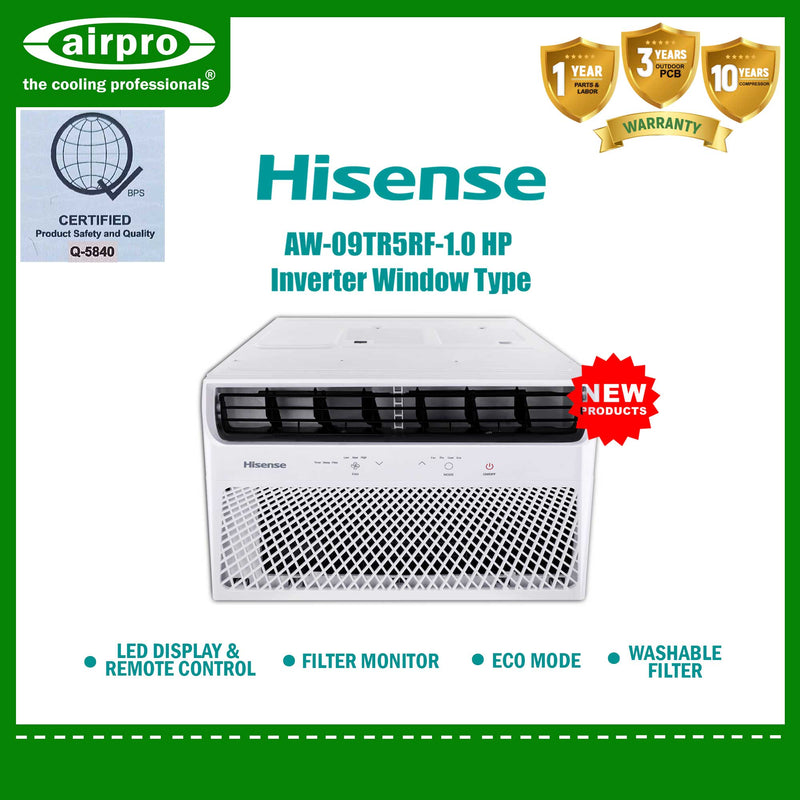What is Inverter AC – Advantages & Disadvantages

Introduction
When you're shopping for an air conditioner, you may see "inverter" or "non-inverter" listed on the box. This can be a little confusing. So let's take a look at what these terms mean and how they affect the performance and efficiency of your AC unit!
How does Inverter Air Conditioner Work?
What is an inverter AC? An inverter AC is a type of air conditioning unit that's designed to be efficient, quiet, and easy to use. An inverter is energy saving technology that eliminates wasted operation in air conditioners by efficiently controlling motor speed. Inverter air conditioners adjust the temperature in a room by changing how fast their motors run without cycling on and off.
There are two main types of inverter ACs:
-
Inverter Split AC – This is the most popular type as it comes with a single compressor and multiple indoor units. The outdoor unit has an inverter circuit board which distributes power to each of its components in an efficient manner. It also helps to keep things cool by regulating the temperature at user-defined levels, thus saving electricity and money! Inverter Split ACs are very easy to install, and you won’t have any problems in getting them up and running. They come with different modes that allow you to adjust cooling power according to the temperature of your room. The best part about inverter split ACs is their ability to maintain an even temperature throughout the day, which means no more sweating in hot summer months!
-
Inverter Window AC – These window units come with an integrated compressor that runs on an internal cooling system powered by the DC motors in them (so no direct power supply from outside). They come with a single inverter circuit board and multiple indoor units, which helps to reduce energy consumption by up to 30%. This type of AC also has a variable speed compressor that can adjust itself according to the requirements of the room. The inverter window AC is a great choice for people looking for an efficient cooling system that doesn’t require much maintenance. The only drawback is that they are expensive and can be difficult to install!
What is non Inverter AC?
Non inverter ACs, also known as fixed speed air conditioners, are the most commonly used air conditioners.
Non inverter ACs use a simple mechanism that can be easily understood by almost everyone who uses them and they have been in existence for ages now. They work on a simple principle of blowing hot air out and letting cold air in so that it meets your required temperature level.
Generally speaking, the power frequency of a normal non inverter air conditioner is fixed and the operating frequency is 50Hz, thus the speed of the compressor is also constant, relying on constant "on and off" compressors to adjust the room temperature, which can easily cause the room temperature to fluctuate between too hot and too cold and consume more power as well.
Pricing of non inverter air conditioners normally are more affordable and they are widely available on the market.
Main Advantages Of Inverter Air Conditioners
There are several main advantages of Inverter ACs.
-
Power consumption is reduced. The inverter technology converts DC power from the grid into AC before it reaches the unit, which improves energy efficiency and reduces overall electricity bills. This may be especially useful for those who use solar power or a generator for their home’s electricity needs.
-
Improved cooling performance, even when operating at low temperatures (as low as 7°C). This means that during summer months when your air conditioner is working harder to keep your home cool, it will still operate efficiently even in hot weather conditions where conventional units struggle to keep up with demand or simply become non-functional altogether due to overheating issues caused by excessive strain on internal components due to repeated operations outside their specified thermal design range.
-
Reduced noise levels compared with traditional models because the compressor and fan run at variable speeds, which results in a very quiet operation of the unit with minimal noise or vibration.
-
Inverters use sophisticated microprocessors that take temperature readings from different parts of your room at regular intervals and adjust them accordingly so as to provide uniform cooling no matter how big or small your room is.
-
Inverter ACs come with remote control panels which allow you to operate them from anywhere in the room. This is especially useful if you have a large room with multiple occupants who may not always be present in the same place at the same time. You can set different temperature settings for each occupant and then adjust them as per their preferences.
Advantages of Non-Inverter Air Conditioners
There are some advantages of non-inverter ACs over inverter air conditioners.
-
Price: Non-inverter air conditioners are low priced compared to inverter air conditioners and they also have a higher life expectancy.
-
Good for small rooms: A non-inverter AC will be ideal if you only need cooling in one or two rooms because it does not cool large areas effectively as an inverter AC does.
-
More models to choose from Fixed-frequency air conditioners have been available longer, the technology is more developed, and there is a larger selection and more availability of the models.





















